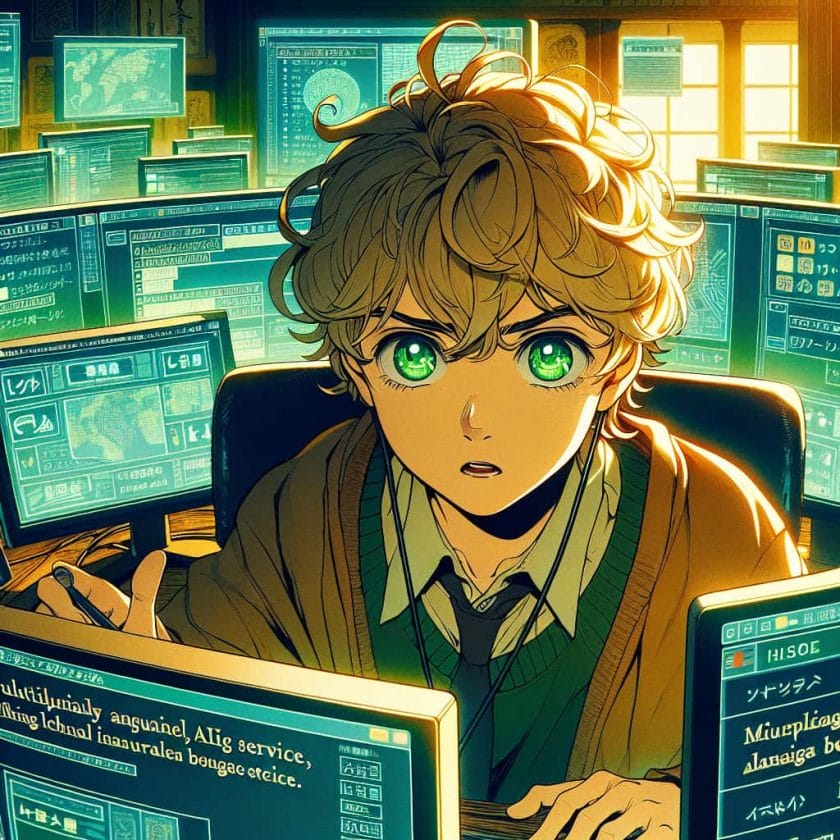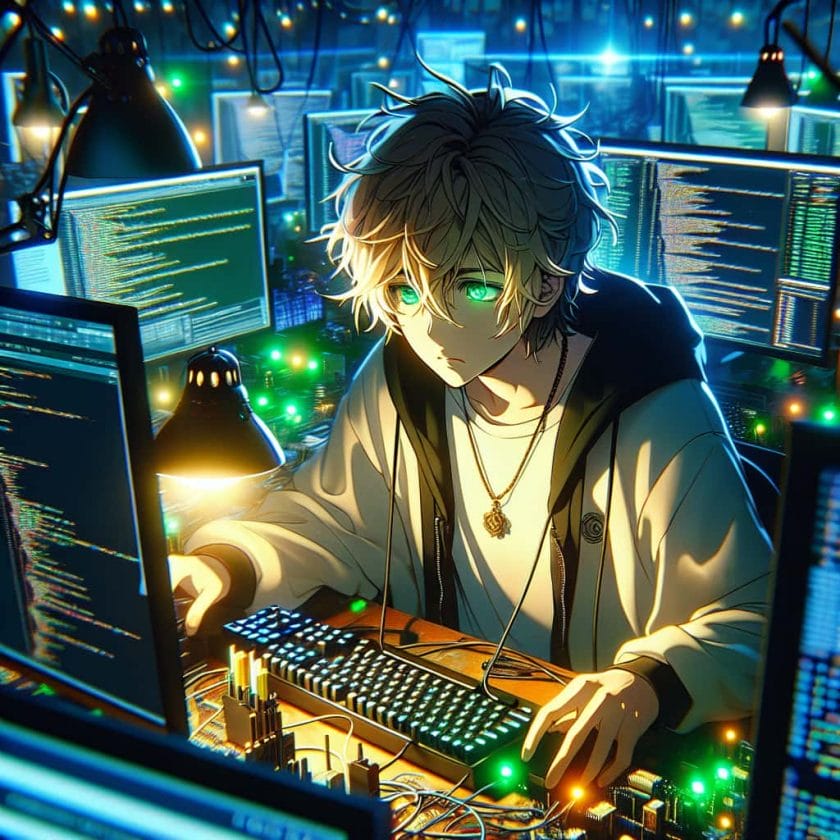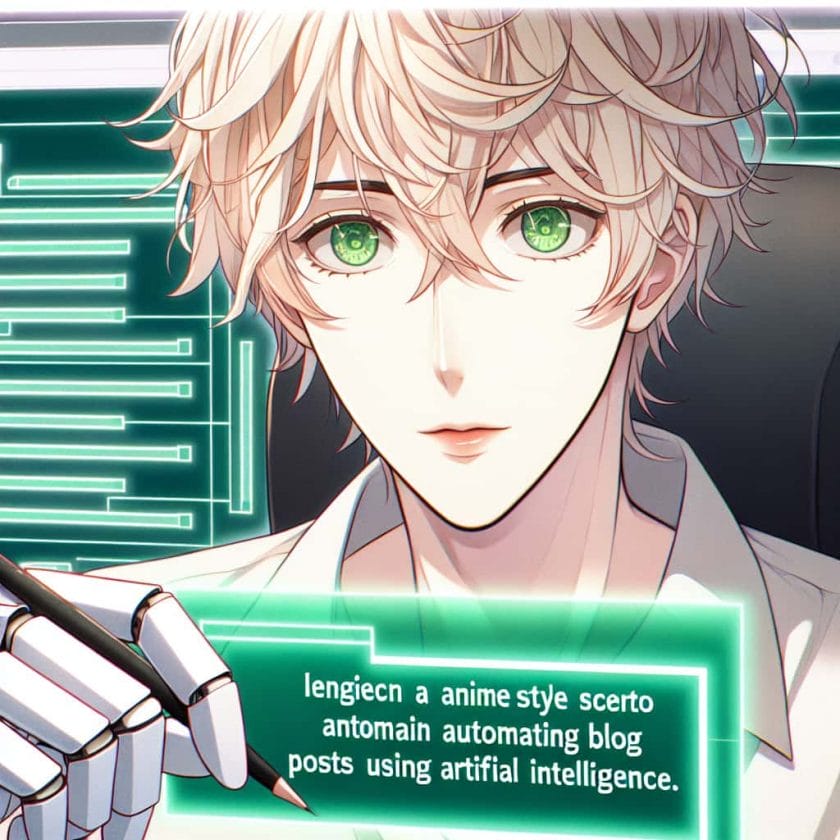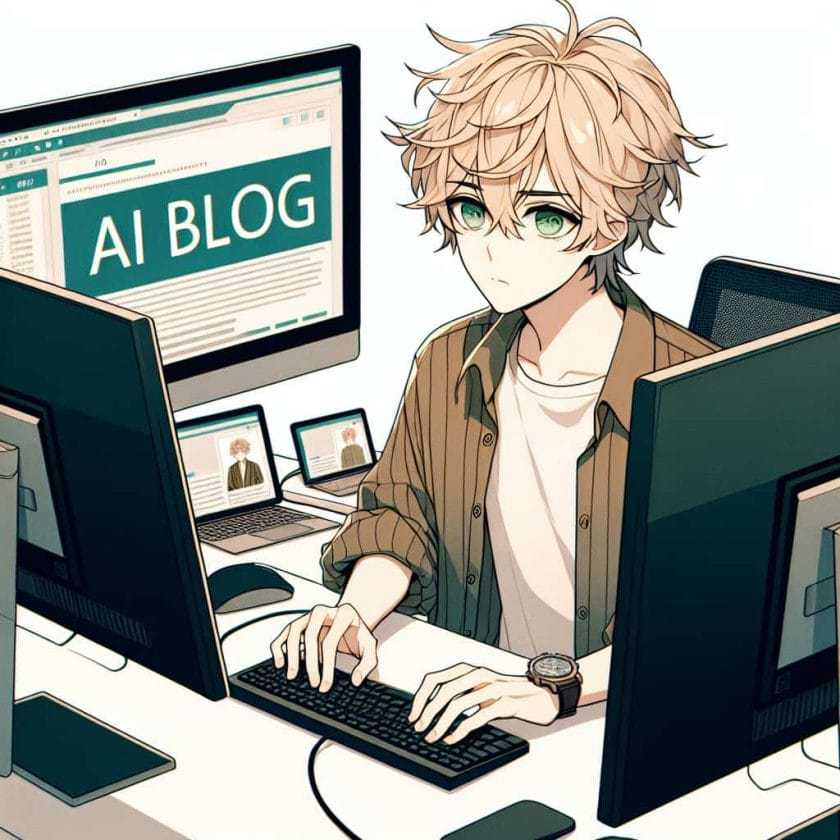As advancements in technology continue to accelerate, the question of whether machine learning will replace jobs has become a hot topic of discussion. With machines becoming increasingly sophisticated and capable of performing tasks once reserved for humans, many are left wondering what the future holds for employment.
What is machine learning and how does it work?
My personal experience with machine learning
As an AI expert, I have spent countless hours working with machine learning algorithms. Machine learning is a subset of artificial intelligence that involves training computer systems to learn from data without being explicitly programmed. It’s like teaching a child to recognize objects by showing them pictures repeatedly until they can identify the objects on their own.
One of my favorite experiences with machine learning was when I worked on a project that involved predicting customer churn for a telecom company. We used historical data to train our model to identify patterns and predict which customers were likely to leave the company. The results were impressive, and the telecom company was able to reduce their churn rate significantly.
How does it work?
Machine learning works by using algorithms that learn from data. There are three main types of machine learning: supervised learning, unsupervised learning, and reinforcement learning.
Supervised learning involves providing labeled data to the algorithm so that it can learn from it. For example, if you want to train a model to recognize cats in pictures, you would provide labeled images of cats and non-cats.
Unsupervised learning involves providing unlabeled data to the algorithm so that it can find patterns on its own. For example, if you want to group similar products together on an e-commerce website, you could use unsupervised learning algorithms.
Reinforcement learning involves training an agent (a computer program) through trial and error. The agent learns by receiving rewards or punishments for certain actions. This type of machine learning is often used in gaming or robotics.
Overall, machine learning is a powerful tool that has many applications in various industries such as healthcare, finance, marketing, and more.
How has the development of machine learning impacted job markets?
The rise of automation
The development of machine learning has led to the rise of automation in many industries. Automation involves replacing human labor with machines or software. While this can lead to increased efficiency and cost savings for businesses, it also means that many jobs are being replaced by machines.
Job displacement vs job creation
There is a common fear that machine learning will lead to massive job displacement, leaving millions of people unemployed. However, it’s important to note that while some jobs may be replaced by machines, new jobs will also be created in fields related to machine learning and AI.
For example, there is a growing demand for data scientists, AI engineers, and machine learning experts. These jobs require specialized skills and knowledge that are not easily replaceable by machines.
What are some current examples of jobs that have been replaced by machine learning?
Retail industry
One industry that has seen significant job displacement due to machine learning is the retail industry. With the rise of e-commerce and automated warehouses, many traditional retail jobs such as cashiers and stockers are being replaced by machines.
Manufacturing industry
Another industry that has seen significant job displacement is the manufacturing industry. With the use of robots and automated assembly lines, many manual labor jobs such as assembly line workers have been replaced by machines.
Can machine learning be used to create new jobs or industries?
New industries related to AI
As mentioned earlier, the development of machine learning and AI has led to the creation of new industries related to these technologies. For example, there is a growing demand for data scientists who can analyze large amounts of data using machine learning algorithms.
There is also a need for AI engineers who can design and build intelligent systems such as chatbots or self-driving cars. These new industries require specialized skills and knowledge that are not easily replaceable by machines.
Improving existing industries
Machine learning can also be used to improve existing industries by increasing efficiency and productivity. For example, in the healthcare industry, machine learning algorithms can be used to analyze patient data and identify potential health risks before they become serious.
In the finance industry, machine learning algorithms can be used to detect fraud or predict market trends. These applications of machine learning can lead to cost savings and increased profits for businesses, which could potentially lead to job growth.
How do workers feel about the potential for machine learning to replace their jobs?
Fear of job loss
Many workers are understandably fearful of losing their jobs due to automation and machine learning. This fear is especially prevalent in industries that have already seen significant job displacement such as manufacturing or retail.
Hope for new opportunities
However, there are also many workers who see the potential for new opportunities in fields related to machine learning and AI. As mentioned earlier, there is a growing demand for data scientists and AI engineers, which could provide new career paths for those willing to learn these skills.
Are there any industries or types of jobs that are immune to being replaced by machine learning?
Jobs requiring human interaction
There are certain types of jobs that require human interaction and empathy that are unlikely to be replaced by machines anytime soon. For example, healthcare professionals such as doctors or nurses require a level of emotional intelligence and critical thinking skills that cannot be replicated by machines.
Similarly, jobs in fields such as education or social work require a high degree of interpersonal communication skills that would be difficult for machines to replicate.
How can businesses prepare for the potential impact of machine learning on their workforce?
Investing in employee training
One way businesses can prepare for the impact of machine learning on their workforce is by investing in employee training. This could involve providing opportunities for workers to learn new skills related to machine learning or AI.
Implementing a phased approach
Another approach is to implement a phased approach to automation, where machines are gradually integrated into the workforce rather than replacing workers all at once. This could help ease the transition and give workers time to adapt.
What are some ethical considerations surrounding the use of machine learning in replacing jobs?
Disproportionate impact on certain groups
One ethical consideration is the potential for machine learning to disproportionately impact certain groups such as low-skilled workers or those from marginalized communities. It’s important to consider how these groups will be affected and what measures can be taken to mitigate any negative impacts.
Fairness and transparency
Another ethical consideration is ensuring that the algorithms used in machine learning are fair and transparent. There have been instances where algorithms have been found to exhibit bias against certain groups, which can lead to discrimination and unfair treatment.
It’s important for businesses and policymakers to ensure that these algorithms are thoroughly tested and audited for fairness before being implemented.
Is there a possibility for humans and machines to work together, rather than one replacing the other entirely?
The concept of augmented intelligence
Yes, there is a concept called augmented intelligence which involves humans working alongside machines rather than being replaced by them entirely. Augmented intelligence involves using machines to enhance human capabilities rather than replace them.
For example, in healthcare, doctors could use machine learning algorithms to analyze patient data more quickly and accurately, allowing them to make better diagnoses. In this scenario, the doctor is still in control but is able to make more informed decisions with the help of technology.
How will education and training need to adapt in order to keep up with advancements in machine learning?
Emphasizing digital literacy
One way education and training will need to adapt is by emphasizing digital literacy skills such as coding, data analysis, and machine learning. These skills will become increasingly important as more industries adopt automation and AI technologies.
Lifelong learning
Another adaptation that will be necessary is a shift towards lifelong learning. As technology continues to advance at a rapid pace, workers will need to continuously update their skills and knowledge in order to remain relevant in the workforce.
What role will government policy play in regulating the use of machine learning in job replacement?
Ensuring fairness and transparency
Government policy can play an important role in regulating the use of machine learning algorithms to ensure that they are fair and transparent. This could involve requiring businesses to undergo audits or testing before implementing these algorithms.
Providing support for displaced workers
Government policy can also provide support for workers who have been displaced by automation or machine learning. This could include job training programs or financial assistance for those who have lost their jobs due to automation.
Are there any limitations or drawbacks to using machine learning as a replacement for human labor?
Lack of creativity
One limitation of using machine learning as a replacement for human labor is the lack of creativity that machines possess. While machines can perform repetitive tasks quickly and accurately, they lack the ability to think creatively or come up with new ideas.
Risk of errors
Another drawback is the risk of errors or biases in the algorithms used by machines. If these algorithms are not thoroughly tested or audited, they could lead to incorrect decisions or discriminatory outcomes.
Will certain demographics be more affected by job loss due to machine learning than others?
Low-skilled workers
It’s likely that low-skilled workers will be the most affected by job loss due to machine learning. These workers are often employed in industries such as manufacturing or retail, which have already seen significant job displacement due to automation.
Marginalized groups
There is also a risk that marginalized groups such as women or people of color could be disproportionately affected by job loss due to machine learning. It’s important for policymakers and businesses to consider how these groups will be impacted and what measures can be taken to mitigate any negative effects.
How will society adjust if a significant portion of jobs are replaced by machines?
Potential for universal basic income
One potential adjustment could involve the implementation of a universal basic income, where all citizens receive a set amount of money from the government regardless of their employment status. This could help offset the impact of job displacement and provide financial stability for those who have lost their jobs.
New opportunities in emerging industries
Another adjustment could involve the creation of new opportunities in emerging industries related to machine learning and AI. As mentioned earlier, there is a growing demand for data scientists and AI engineers, which could provide new career paths for those willing to learn these skills.
Is it possible that new industries and opportunities will be created as a result of advances in machine learning technology?
Emerging industries related to AI
Yes, it’s very likely that new industries and opportunities will emerge as a result of advances in machine learning technology. As mentioned earlier, there is already a growing demand for data scientists and AI engineers.
In addition, there is potential for new applications of machine learning in fields such as healthcare or finance. These new industries could provide new career paths and opportunities for workers who are willing to learn the necessary skills.
In conclusion, machine learning is undoubtedly transforming the job market. While some jobs may be replaced by automation, new opportunities will also arise. It’s important to stay up-to-date with the latest technological advancements and adapt accordingly. If you’re interested in exploring the possibilities of AI, feel free to get in touch with us and check out our AI services. We’d love to help you navigate this exciting field!
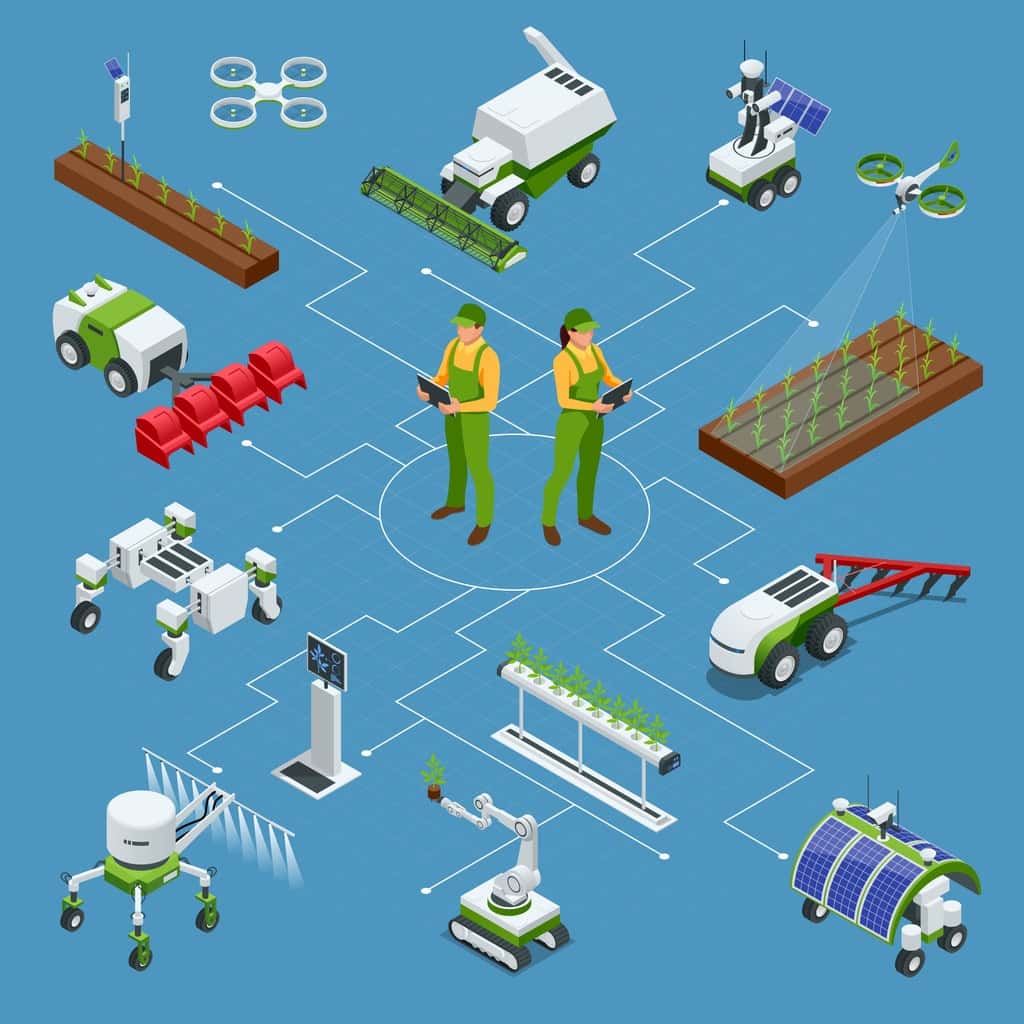
Is machine learning taking over jobs?
According to Steven Miller, an information systems professor emeritus at Singapore Management University, the progress in artificial intelligence will undoubtedly lead to the replacement of some jobs. As technology advances and becomes more capable, it will inevitably have an impact on the job market.
What job will be replaced by machine?
According to a report from Oxford University, jobs such as medical transcriptionists, medical records workers, medical secretaries, and health information technicians are at the highest risk of automation in the medical field, rather than the actual healthcare providers themselves. This prediction is set for March 31, 2023.
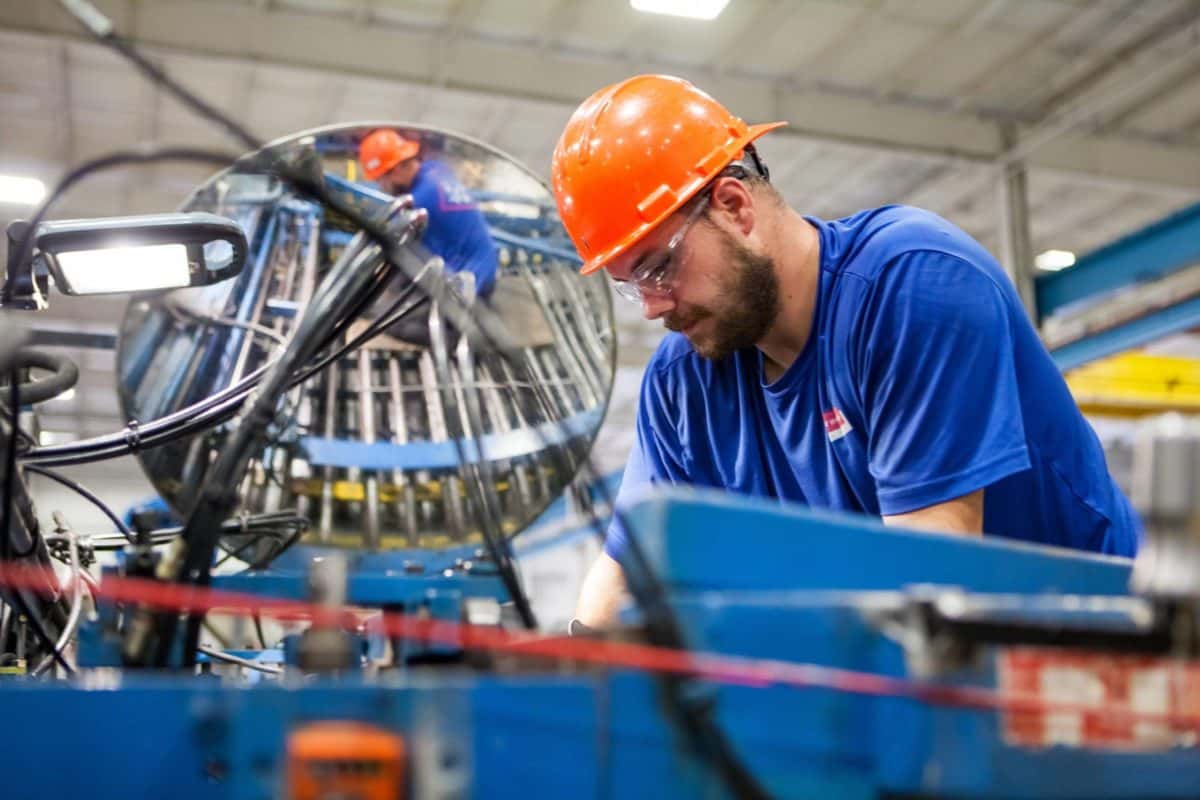
Will AI replace human jobs?
According to a report from investment bank Goldman Sachs, artificial intelligence (AI) has the potential to replace around 300 million full-time jobs. The report suggests that about a quarter of work tasks in the US and Europe may be replaced by AI, which could also lead to the creation of new jobs and increased productivity. This report was released on March 28, 2023.
Does machine learning have a future?
Machine Learning, which is a branch of Artificial Intelligence, has the potential to revolutionize all sectors of society, from predicting the spread of diseases like COVID-19 to enabling groundbreaking cancer research. Today, it’s difficult to envision a world without Machine Learning as an integral part of our daily lives.
Is machine learning really the future?
The potential of machine learning is extremely promising and currently, many industries such as healthcare, search engines, digital marketing, and education are benefiting greatly from machine learning applications.
What jobs are most at risk from AI?
Artificial intelligence may be used to evaluate your future job interviews. It is important to be prepared for this possibility. According to a report, certain professions such as office-support workers, lawyers, and engineers are more likely to be impacted, while others like construction workers, maintenance professionals, and building cleaning crews are less at risk. This was reported 2 days ago.

